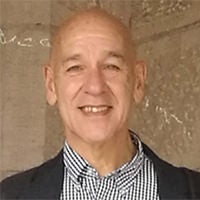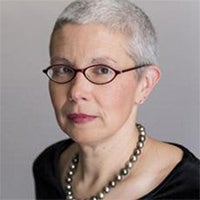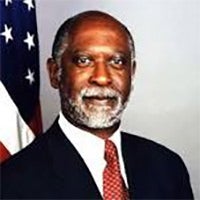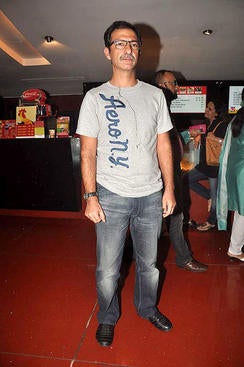
Global Professions/Global Action
Increased global and transnational connections are leading to the creation of new professions and to important changes in how people carry out their work. Just as the manner in which students engage with knowledge is changing in the classroom, so is the relationship of their studies to their future lives and careers. The Global Professions, Global Action lecture series brings distinguished speakers from a variety of professions and areas of engagement to UCR to share their experiences and ideas on how their work, conceptions of the world and professional paths are changing.
2020-2021
|
April 7: Bill Bikales “A Career in Development Economics?: What is it Like, and How Does One Get into It?”Bill Bikales is a Harvard-trained Economist and East Asia specialist who has worked, primarily through the United Nations and the Asian Development Bank, on macroeconomic policy in developing economies, especially in China, Mongolia, and Ukraine. His publications have dealt with the political economy of fiscal, financial, social, and environmental policy-making. He speaks fluent Mandarin Chinese and has lived and worked, besides China and Mongolia, in Ukraine, the Philippines, Hong Kong, and Taipei. |
|
|
April 21: Melinda Liu “A Career in International Journalism?: What is it Like, and How Does One Get into It?”Melinda Liu has been Newsweek’s Bureau Chief in Beijing since November 1998. She has reported firsthand on China’s post-Mao modernization and the Tiananmen Square bloodshed; the Soviet occupation of Afghanistan and later the fall of the Taliban; the 1991 liberation of Kuwait; and U.S. military interventions in Somalia and Haiti. In 2006, she won the Shorenstein journalism award. A native speaker of American English, she learned fluent Mandarin Chinese as a second language. |
|
|
May 5: Geoff Ziebart “A Career in International Journalism?: What is it Like, and How Does One Get into It?”Geoff Ziebart for many years was a highly successful businessperson in the sale of construction cranes and other heavy machinery in China. Much of his success had to do with his extraordinary mastery of spoken Mandarin Chinese. Building trust through conversational contact, using humor to dissipate tension, and showing respect for culture by using its idioms are some of the ways—but not all—in which he shows that language mastery is very useful for good business. |
|
|
May 19: Sophie Richardson “A Career in Human Rights Work?: What is it Like, and How Does One Get into It?”Sophie Richardson is the China director at Human Rights Watch. She is the author of China, Cambodia, and the Five Principles of Peaceful Coexistence and has published articles on Chinese political reform, democratization, and human rights in Cambodia, China, Indonesia, Hong Kong, the Philippines, and Vietnam. She has testified before the European Parliament and the US Congress, and has appeared in the BBC, CNN, National Public Radio, the New York Times, the Wall Street Journal, and the Washington Post. |
|
|
May 26: Jim Gadsden “A Career in Diplomacy?: What is it Like, and How Does One Get into It?”James Gadsden is an American diplomat who has a B.A. in economics from Harvard University and an M.A. in East Asian Studies from Stanford University. His long career in the U.S. State Department, primarily as an expert in European affairs, brought him to diplomatic posts in Washington DC, Taipei, Budapest, Brussels, Paris, and Reykavik, where he served three years as U.S. Ambassador to Iceland. He speaks Mandarin Chinese and Hungarian. |
Habib Faisal
November 19th, 3:30 PM
Join Zoom Meeting at
https://ucr.zoom.us/j/94720539859
Meeting ID: 947 2053 9859
One tap mobile
+16699006833,,94720539859# US (San Jose)
+13462487799,,94720539859# US (Houston)
The Department of Media and Cultural Studies in collaboration with the Global Studies Program’s Global Professions/Global Action Speaker Series invites you to join a conversation with Habib Faisal, the award-winning Bollywood screenwriter, and director. Faisal will be engaging with students and offering his analysis on the paradoxical tendencies of the “de-gentrification” of Indian cinema even as Bollywood’s global approbation and distribution reach new milestones.
Faisal is best known for his directorial debut, Do Dooni Chaar (2010), and for his second film, Ishaqzaade (2012), which received a very positive response from critics, and became a worldwide box-office hit. His oeuvre marks a turning point in Bollywood cinema. Not only does it challenge post-globalization Bollywood’s conventions of featuring only affluent and urban Indian middle classes by moving the action to small towns and semi-urban locales, but it also explores the gritty realities of what it really means to be middle class in India.




